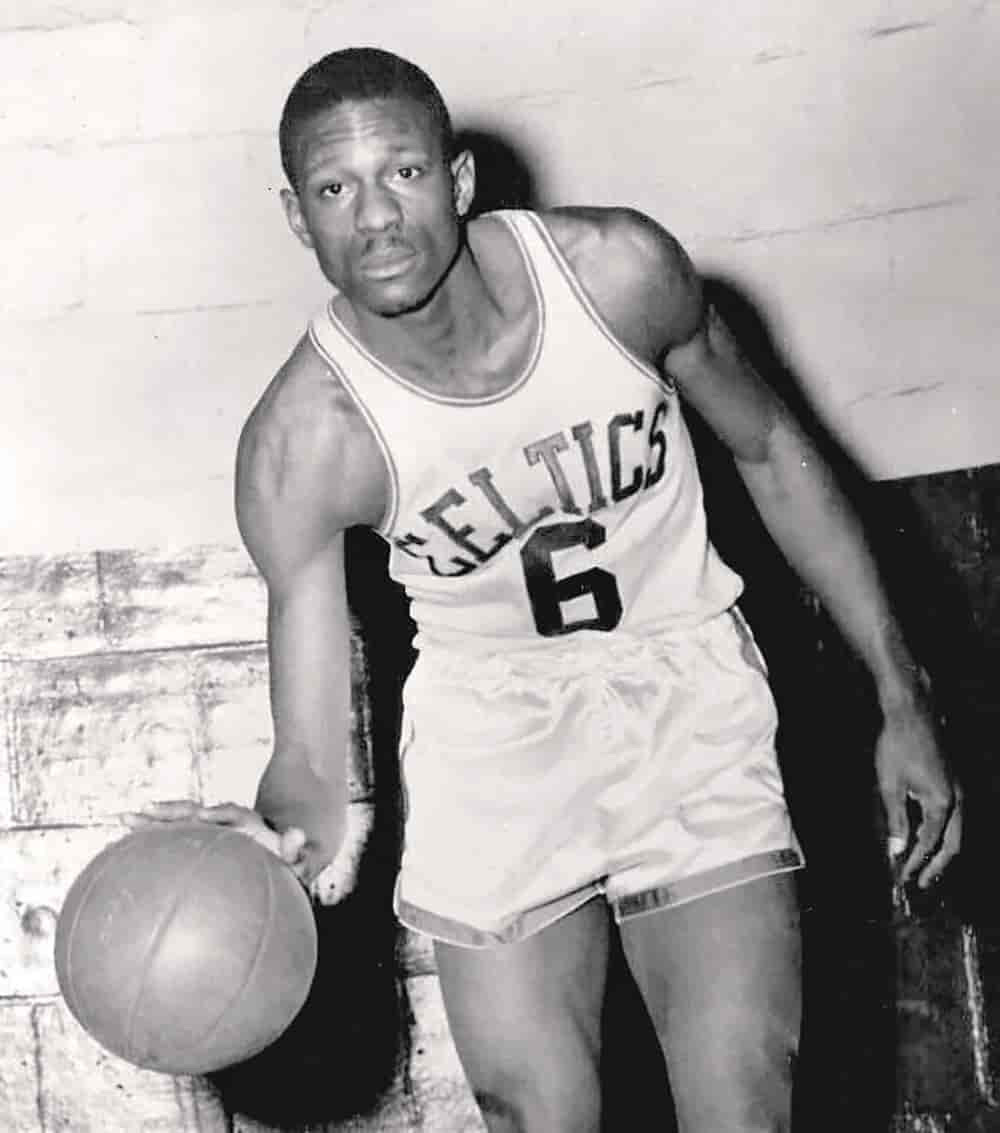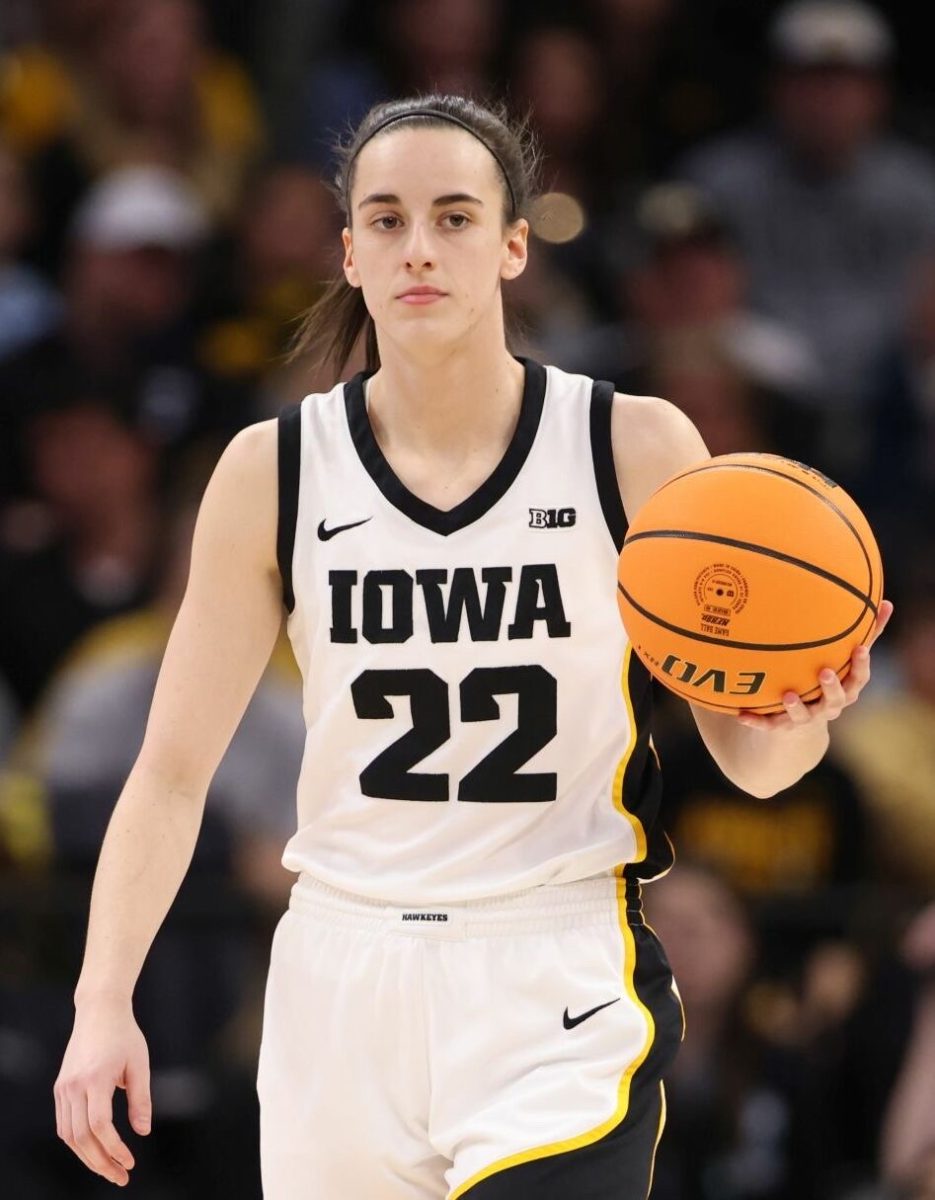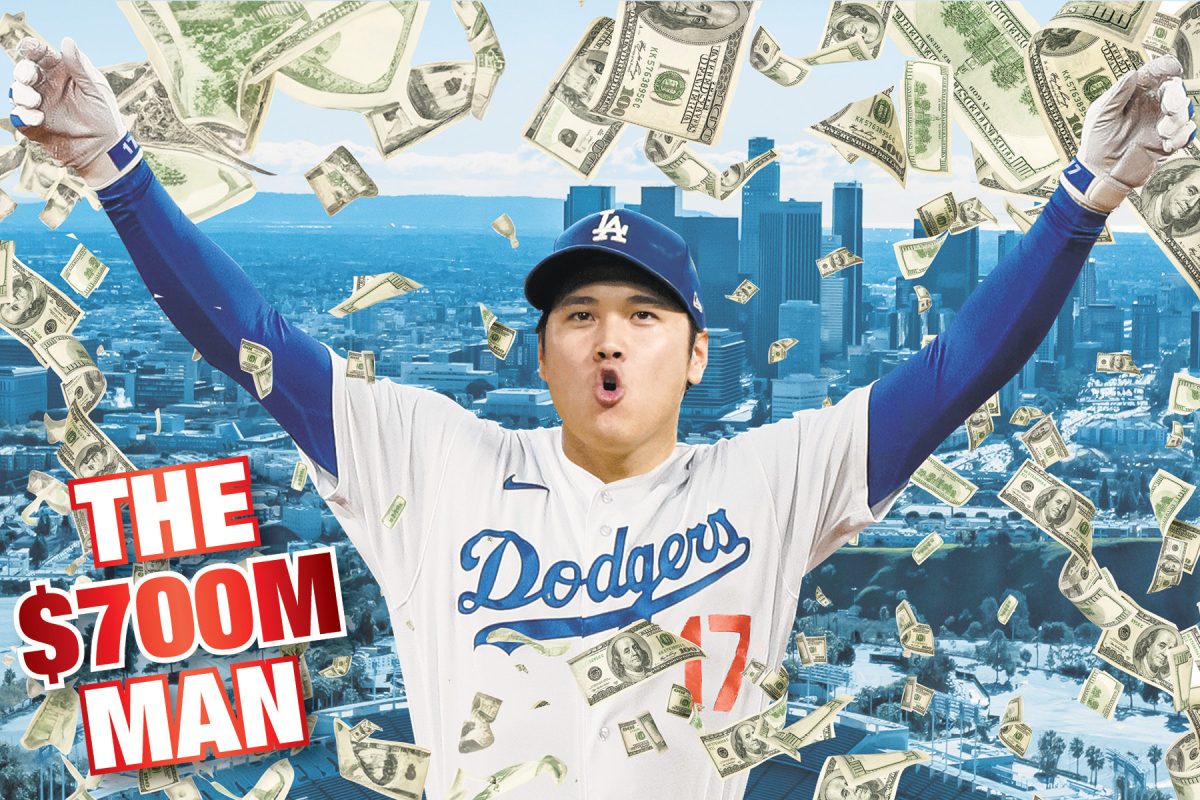He was known as the “Secretary of Defense” or “Mr. 11 Rings” and he sure was both of those things. He was possibly one of the greatest champions of all time and one of the greatest NBA centers the world has ever seen. His name is Bill Russell.
William Felton Russell, more commonly known as Bill Russell, was born on Feb. 12, 1934, to Charles Russell and Katie Russell in West Monroe, Louisiana. During this time, Monroe was segregated and the Russells often struggled with racism in their daily lives. They moved to Oakland when he was eight years old. During their time in Oakland, Russell and his family fell into poverty and most of the time Russell would usually live in public housing homes. And sadly, a couple of years later, his mom passed away. The only upside to that was that Russell was able to get closer to his father. Later on, Russell said that because of this incident, his father became his “childhood hero”.
During his time in Oakland, he attended McClymonds High School in Oakland. During his freshman year, he was on the basketball team even though he wasn’t very good at the time and he eventually cut during his junior year. However, he bounced back and eventually joined varsity. After he graduated, he received an offer to play basketball for the University of San Francisco. In his freshman year, he averaged 20 points a game and made the starting spot. He also won two consecutive championships in 1955 and 1956 and was named the NCAA Tournament Most Outstanding Player.
In 1956, before entering the NBA draft, Russell was selected for the U.S. Men’s Olympic basketball team. Russell was able to lead the team to a gold medal beating the Soviet Union. The U.S. team was so good that they were even able to win the gold medal while having an 8-0 undefeated run with Russell averaging 14.1 points per game.
After the Olympics, the star player entered and 1956 NBA draft and was picked 2nd overall by the St.Louis Hawks. However, immediately after being drafted, he was traded to the Boston Celtics. During his first season, the Celtics won the championship and the following year he was voted the NBA Most Valuable Player. Russel would go on to win eight more championships in a row from 1958-1966.
During his final years as a player-coach from 1966 to 1969, Bill Russell exemplified unparalleled leadership on and off the court. Balancing the demanding roles of guiding his team as both player and coach, Russell epitomized the concept of teamwork and selflessness. His strategic prowess and unmatched defensive skills were instrumental in leading the Boston Celtics to continued success, including capturing two more NBA championships in 1968 and 1969. Russell’s tenure as a player-coach cemented his legacy as one of basketball’s greatest leaders, leaving an indelible mark on the sport’s history.
After retiring as a player in 1969, the athlete remained deeply involved in basketball, transitioning into coaching, broadcasting, and various philanthropic endeavors. He coached the Seattle SuperSonics and the Sacramento Kings, leaving a lasting impact on the next generation of players. Beyond basketball, Russell became a prominent advocate for civil rights and social justice, using his platform to address racial inequality and promote positive change.
Bill Russell’s illustrious career is adorned with an array of remarkable accomplishments and accolades. As a player, he captured an unprecedented 11 NBA championships with the Boston Celtics, making him one of the most successful athletes in sports history. Known for his defensive prowess and leadership, Russell earned five NBA MVP awards and was selected to 12 All-Star teams. His defensive prowess was recognized with multiple selections to the All-NBA Defensive First Team. Russell also claimed two NCAA championships during his college career at the University of San Francisco. Beyond his on-court achievements, he received numerous honors, including induction into the Naismith Memorial Basketball Hall of Fame, where he was enshrined as a player in 1975 and as a coach in 1979. Additionally, Russell’s impact on civil rights and social justice issues earned him the Presidential Medal of Freedom in 2011, solidifying his legacy as one of the most influential figures in both sports and society.
Bill Russell’s legacy is a towering monument in the annals of sports history, marked by his unrivaled success as a player, coach, and advocate for social justice. Beyond his extraordinary on-court achievements, including 11 NBA championships and five MVP awards, Russell’s impact transcends basketball. His enduring legacy serves as an inspiration to the world.













